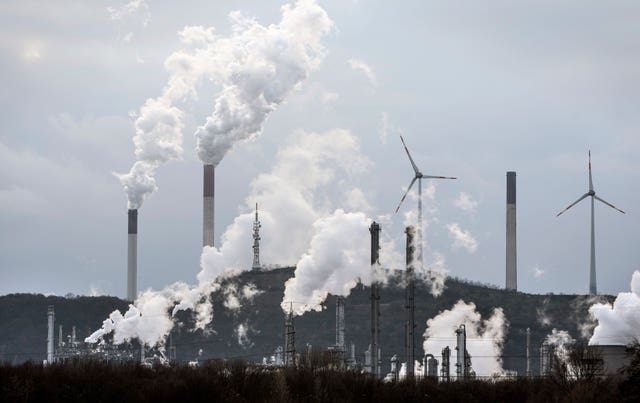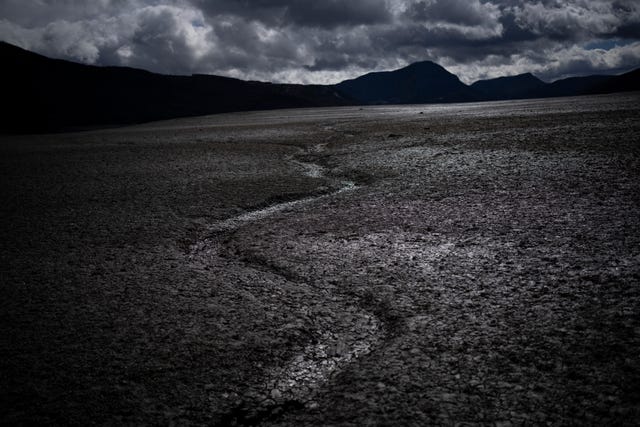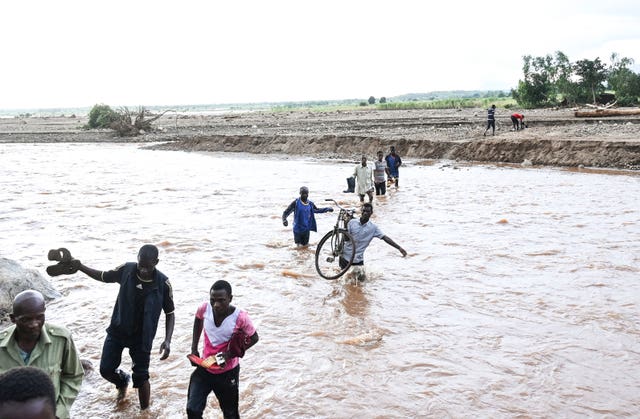Nations approve major UN science report on climate change
The UN plans to publish the report at a news conference early on Monday afternoon.

Governments gave their blessing on Sunday to a major new UN report on climate change, after approval was held up by a battle between rich and developing countries over emissions targets and financial aid to vulnerable nations.
The report by hundreds of the world’s top scientists was supposed to be approved by government delegations on Friday at the end of a week-long meeting in the Swiss town of Interlaken.
The closing gavel was repeatedly pushed back as officials from big nations such as China, Brazil, Saudi Arabia, the United States and the European Union haggled through the weekend over the wording of key phrases in the text.
The report by the UN Intergovernmental Panel on Climate Change (IPCC) caps a series that digests vast amounts of research on global warming compiled since the Paris climate accord was agreed in 2015.

The UN plans to publish the report at a news conference early on Monday afternoon.
The unusual process of having countries sign off on a scientific report is intended to ensure that governments accept its findings as authoritative advice on which to base their actions.

While average global temperatures have already increased by 1.1 degree since the 19th century, Mr Guterres insisted that the 1.5-degree target limit remains possible “with rapid and deep emissions reductions across all sectors of the global economy”.
Observers said the IPCC meetings have increasingly become politicised as the stakes for curbing global warming increase, mirroring the annual UN climate talks that usually take place at the end of the year.

Delegates have also battled over figures stating how much greenhouse gas emissions need to be cut by over the coming years, and how to include artificial or natural carbon removal efforts in the equations.
As the country that has released the biggest amount of carbon dioxide into the atmosphere since industrialisation, the United States has pushed back strongly against the notion of historic responsibility for climate change.





